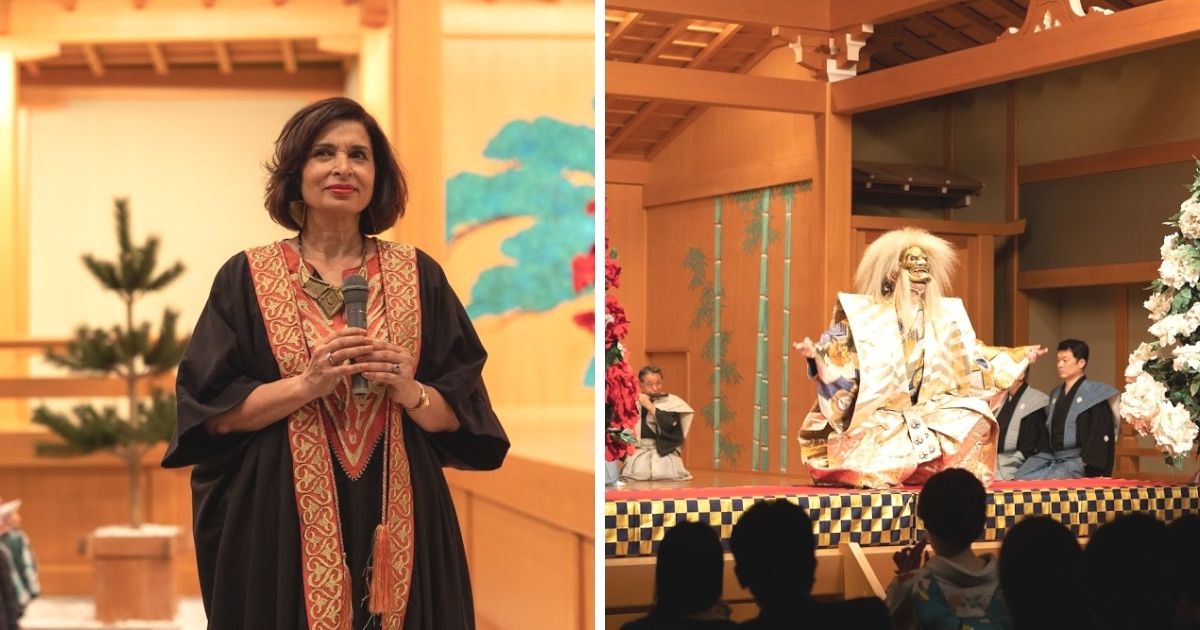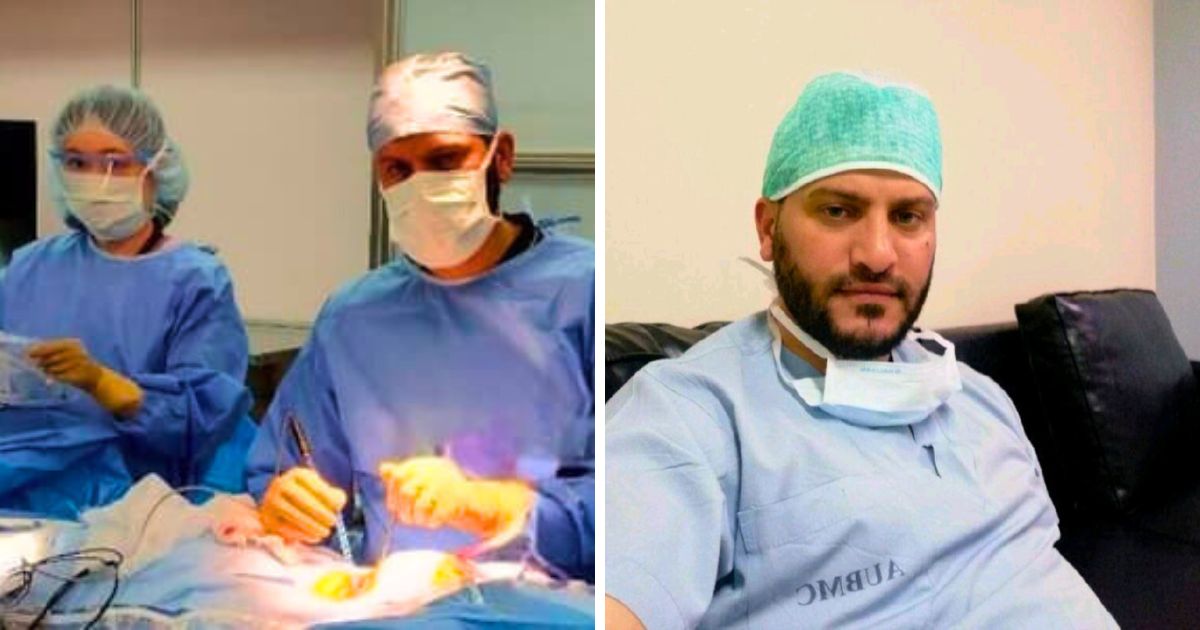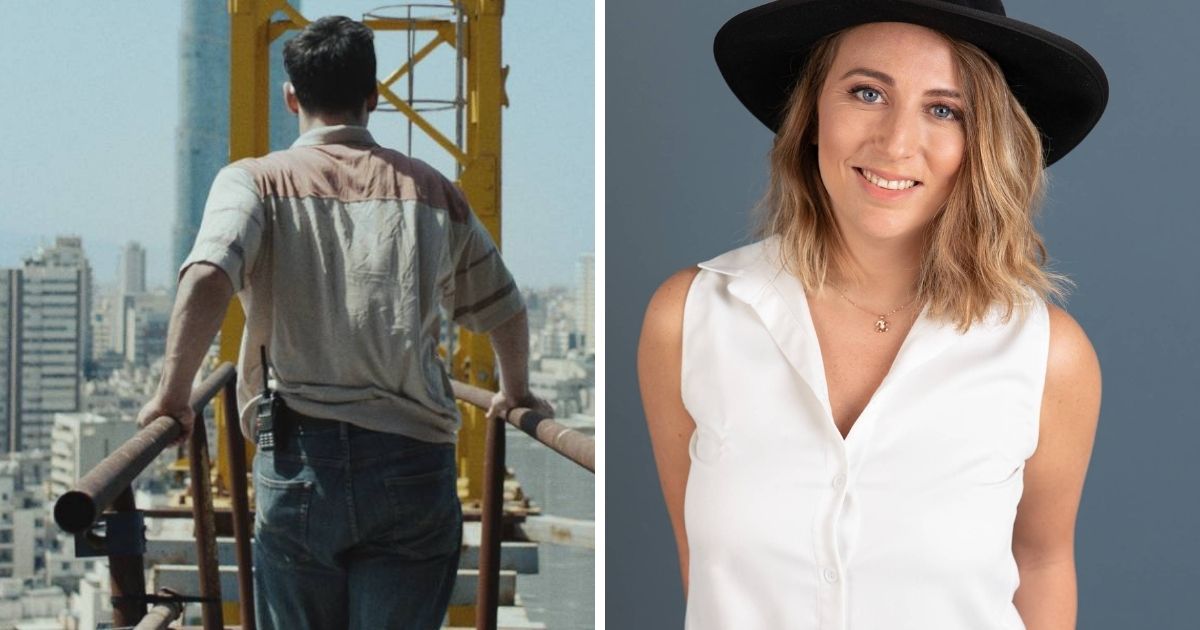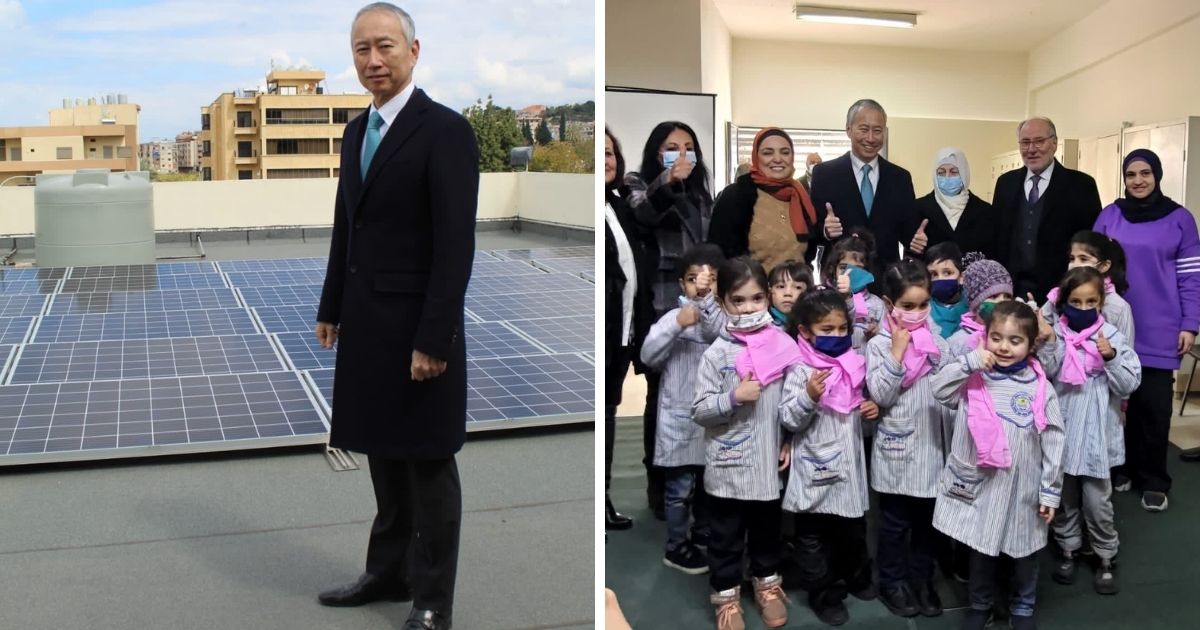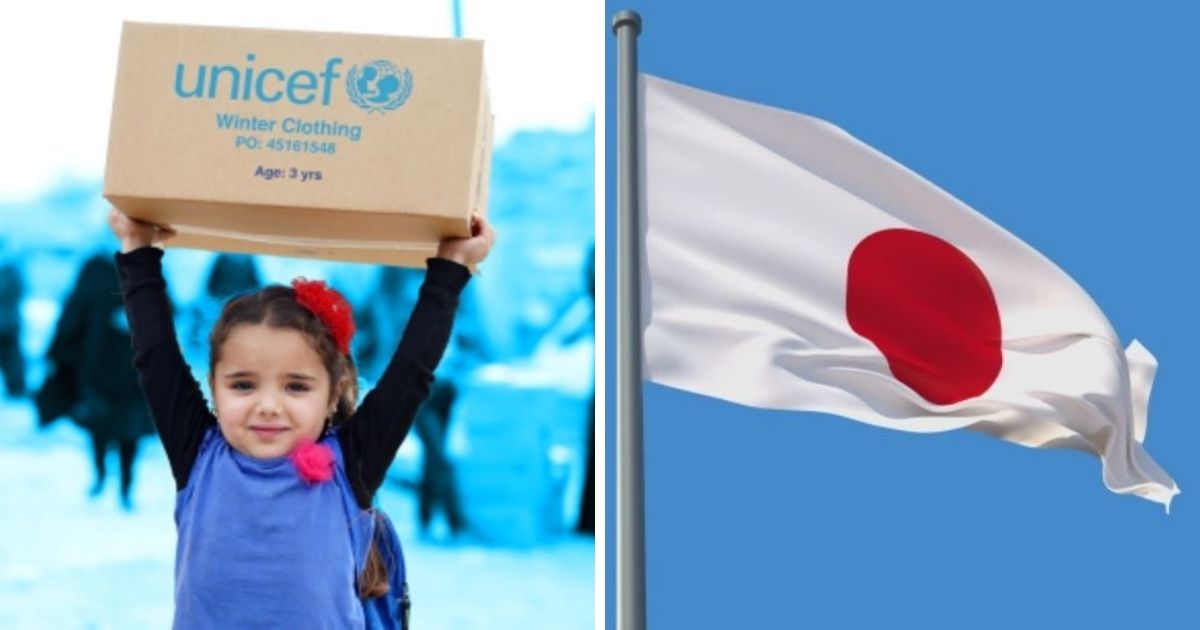The story of how Lebanese producer Madeleine Abdel-Jalil Umewaka ended up in Japan and stayed there to become one of the most important promoters of the Japanese ancient theater art, Noh, is fascinating.
It begins with her older sister, author and professor Marie-Rose, who fell in love with a Japanese businessman named Michikane Ishiguro whom she met in 1970 while he was working for a bank in Beirut. After three years, the two were happily married in Japan.
As the Lebanese civil war erupted, Madeleine fled the country to be with her sister in Japan. There, she enrolled in an international high school in Kobe called the Canadian Academy. This is where she met Naohiko Umewaka, who came from a 600 years-old Noh lineage.
After graduating in Computer Science from Reading University in the UK and pursuing some studies at the University of Southern California in the United States, Madeleine returned to Japan to pursue her graduate studies at Osaka University.
Madeleine and Naohiko ended up reconnecting when she came back. They got married in 1982 and have two children, Soraya and Naotomo, who are both filmmakers.
Despite being the only foreigner in the Umewaka family, she has remarkably integrated herself into the tight-knit community and has been actively promoting the ancient theater art globally.
“Noh theater, considered as an intangible cultural heritage, is a traditional classical Japanese dance-drama that has been performed since the 14th century and passed from father to son,” explained Madeleine.
In her autobiography entitled The Noh Master’s wife, a Journey from Lebanon to Japan, she describes how she found her way of contributing to Noh by promoting and producing various intercultural collaborations abroad, including theater productions in Lebanon.
She also shares her experience of raising two multicultural children and her “effort to equip them to become global citizens.”
“It is my passion to introduce this exquisite traditional Japanese art to the global audience and to be able to produce collaborations with artists from different cities and art fields,” she told The961.
She also brought the Japanese culture back to her homeland. “I enjoy acting as a bridge between Japan and Lebanon,” she said.
In 2009, she produced a contemporary play written and directed by her husband. The play’s cast included Lebanese actors from the Lebanese American University (LAU).
She produced another play with the Lebanese students at the Beryte Theatre in the University Saint-Joseph (USJ) in 2012.
In 2016, she had a moment of pride as wife and mother, when her children performed a contemporary Noh play with her husband at Al-Bustan International Festival of Music and the Arts in Lebanon.
In her latest Noh productions, Madeleine organized a charity event in Tokyo that raised thousands for the victims of the Beirut blast.
She says she was moved by the overwhelming support from the Japanese community for Lebanon.
It’s worth noting that as of December 2018, the Ministry of Foreign Affairs of Japan reported that there were just over 200 Lebanese nationals residing in Japan, and nearly 100 Japanese living in Lebanon.
It is not common to find Lebanese in Japan, let alone married to Japanese nationals. But in one family, two daughters defied the norms and went on to play important roles in their second home country, upholding the culture of both Lebanon and Japan.
